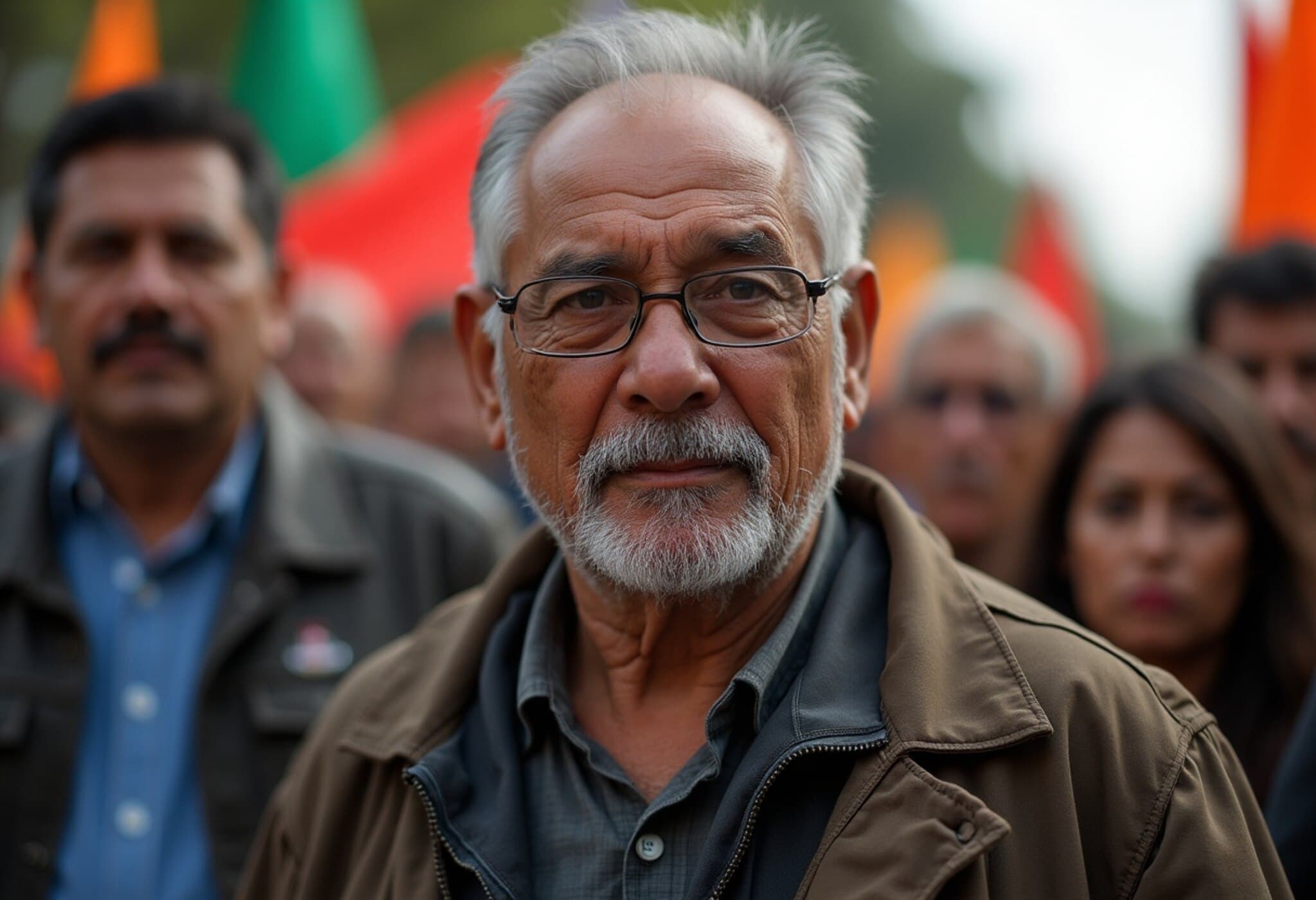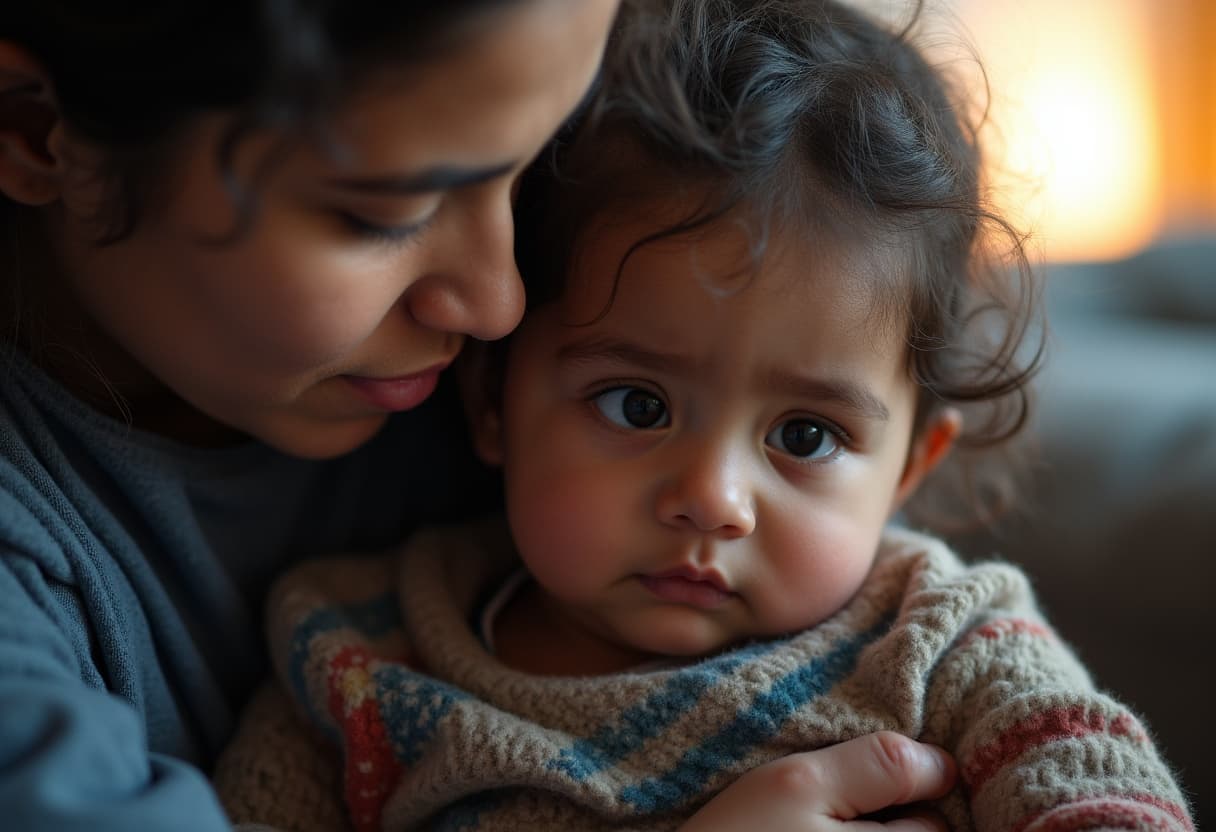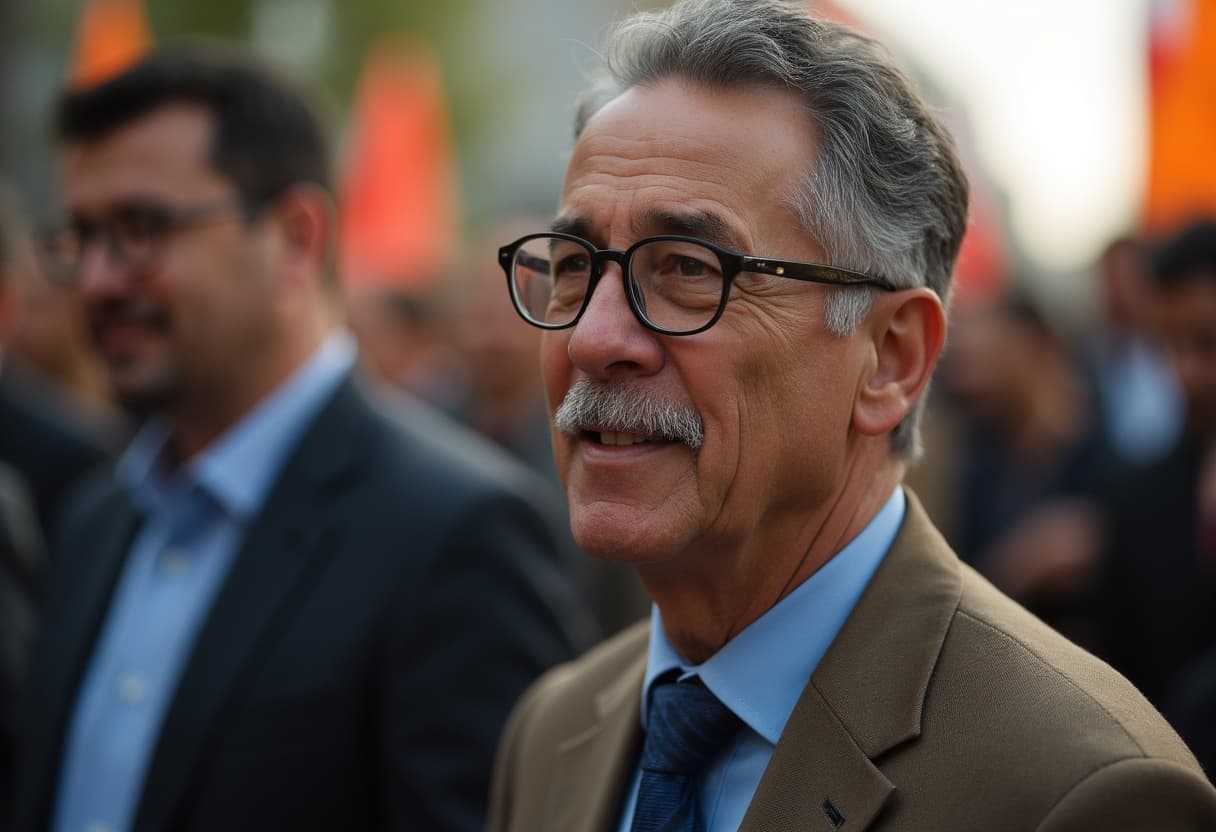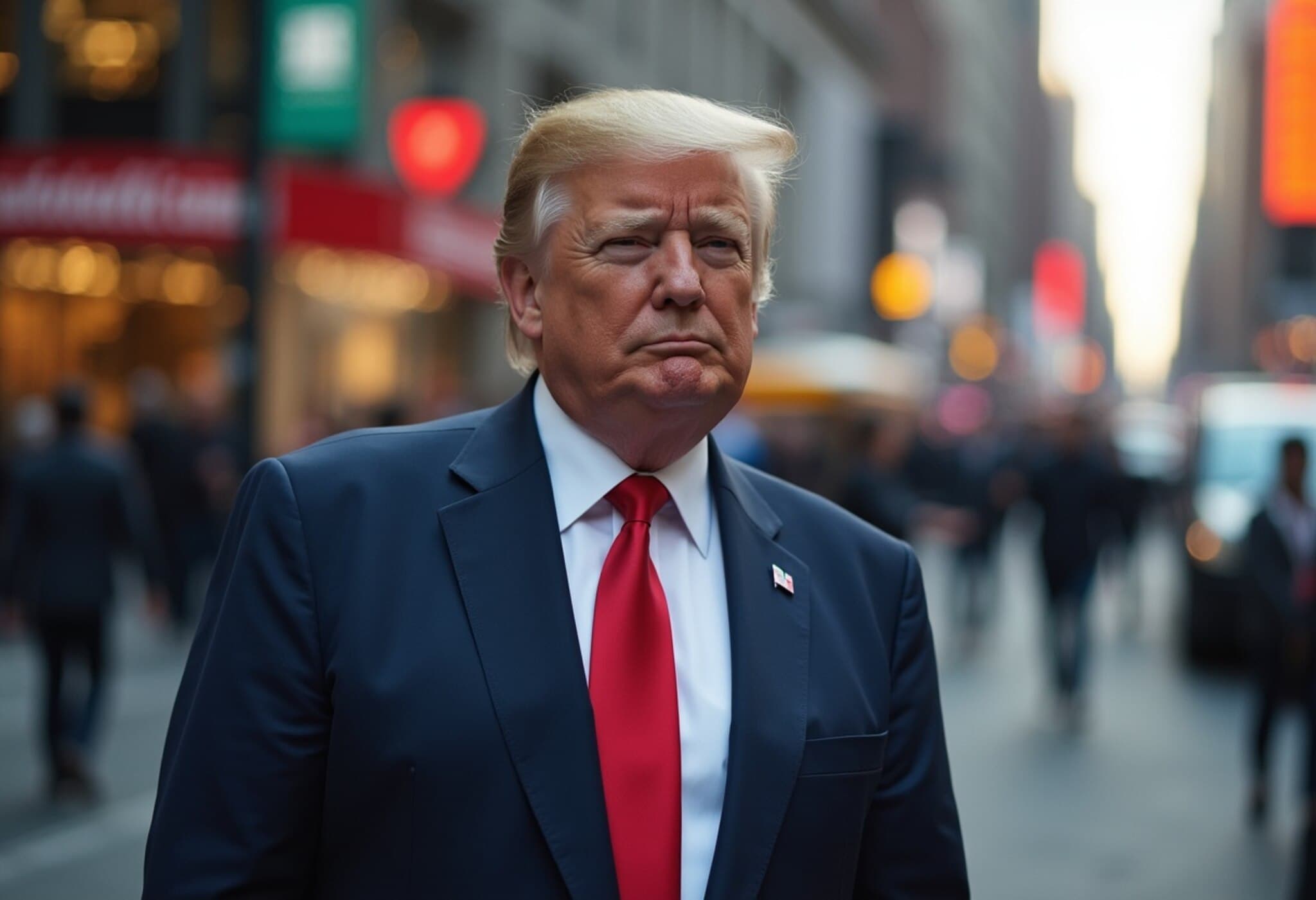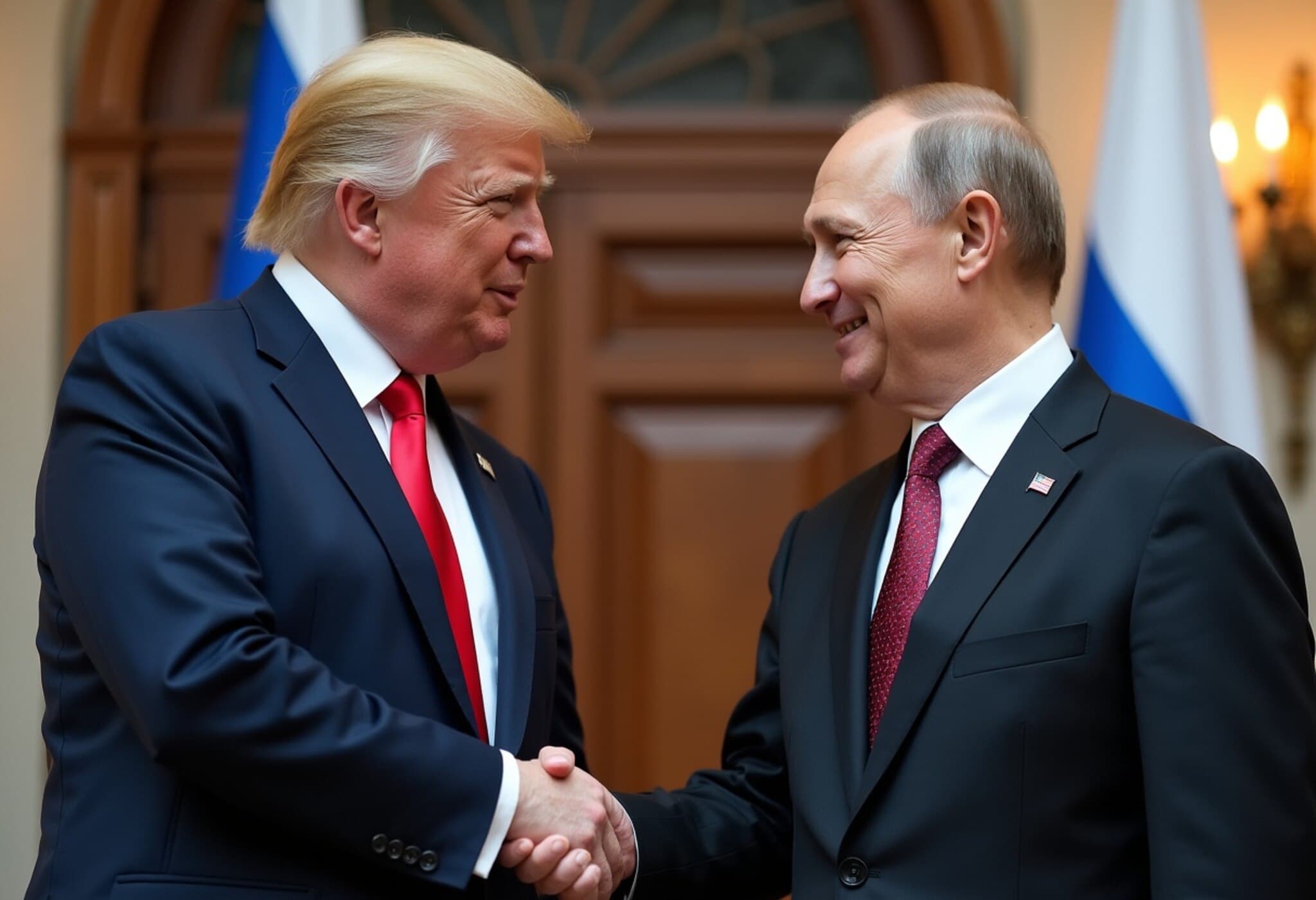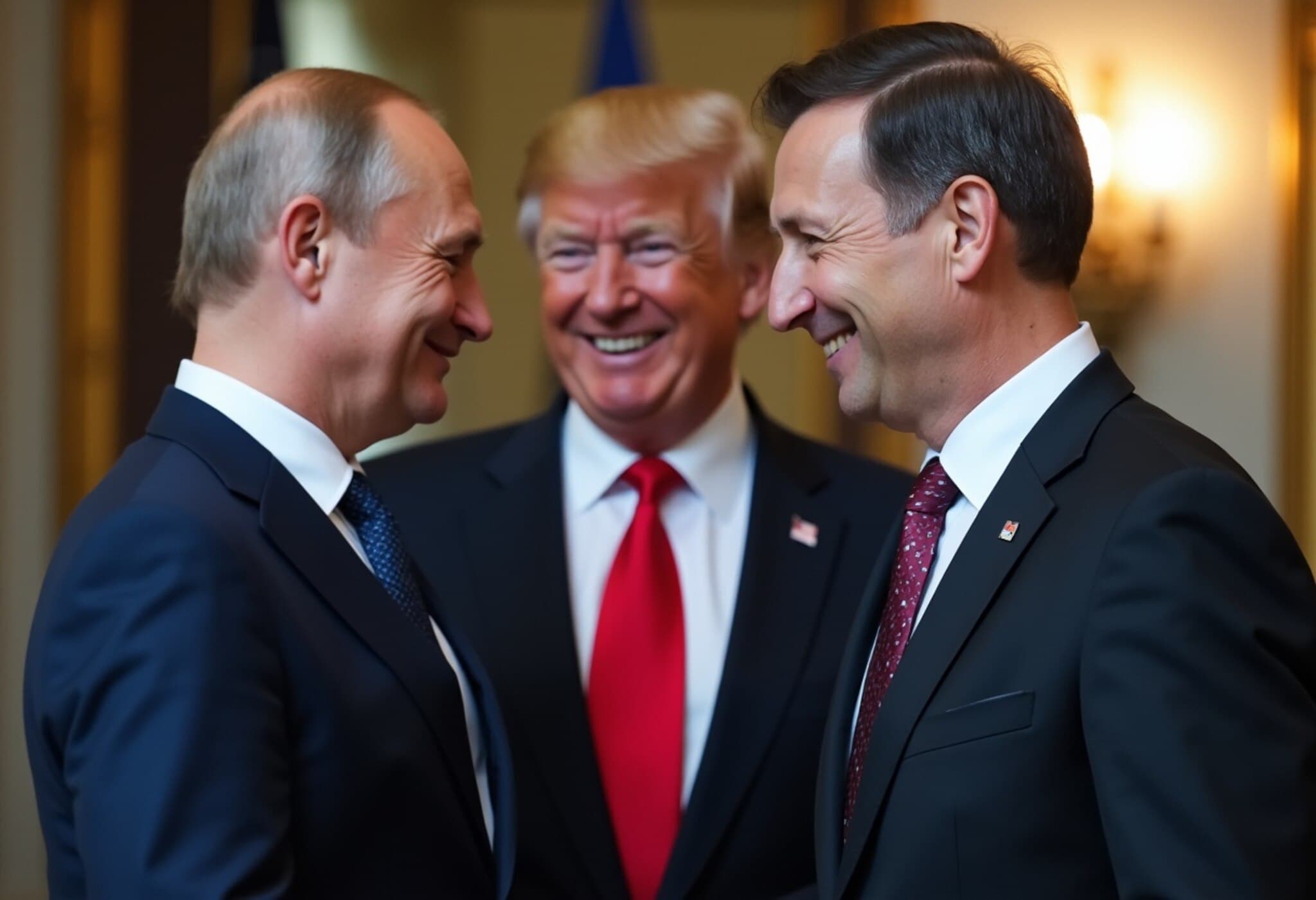Bolivia Faces Pivotal Election Under the Shadow of Surging Inflation
As Bolivia heads to the polls on August 17, 2025, voters confront an election atmosphere charged with economic anxiety and political uncertainty. Inflation has soared to a four-decade high, eclipsing many Latin American neighbors, while the absence of longtime political titan Evo Morales marks a major shift in the country's political landscape.
A Fragmented Race Lacking a Clear Leader
The general election features a crowded field, yet no candidate currently commands a decisive lead. Opposition figures Samuel Doria Medina, a prominent business leader, and Jorge “Tuto” Quiroga, a former president, both hover below 30% support according to recent opinion polls. Meanwhile, roughly a quarter of Bolivians remain undecided — reflecting widespread voter unease and the complexity of the political moment.
Notably, the ruling Movement for Socialism (MAS) party, which has dominated Bolivia’s political scene for nearly two decades, faces unprecedented setbacks. MAS-backed candidates, including Eduardo del Castillo and Senate President Andronico Rodriguez — who is charting a semi-independent path — collectively garner just about 10% support in current surveys. This fragmentation highlights the evolving dynamics within Bolivia’s left-wing factions.
Economic Pressures Shape Voter Priorities
Bolivia’s soaring inflation, which doubled to approximately 23% in June 2025 from 12% in January, lies at the heart of voter concerns. The rising cost of living has hit especially hard those working in informal sectors, who struggle to afford basic food baskets amid fuel shortages and currency instability. As economist Roger Lopez observes, "The math doesn’t add up anymore for many families.”
Such economic strains have even driven some Bolivians towards cryptocurrencies as alternative stores of value — a telling sign of growing financial uncertainty.
Political Landscape at a Crossroads
With no candidate yet securing over 40% of the vote coupled with a 10-point lead, Bolivia is likely headed for a runoff election on October 19. This scenario underscores the fragmentation and fluidity of voter sentiment.
Former president Evo Morales, who steered Bolivia for 13 years before resigning amid controversy in 2019, remains barred from participating in the race. His call for election boycotts appears to have limited impact, signaling a potential decline in his once formidable influence.
Political analysts, including Glaeldys Gonzalez Calanche of the International Crisis Group, describe this election as a "crossroads moment" for Bolivia — a pivotal juncture that could redefine its trajectory both politically and economically.
Candidates’ Contrasting Visions for Bolivia’s Future
- Jorge “Tuto” Quiroga advocates for a radical policy shift, emphasizing public spending cuts and distancing Bolivia from alliances with Venezuela, Cuba, and Nicaragua. Quiroga portrays MAS’s tenure as “20 lost years” and promises sweeping reforms.
- Samuel Doria Medina presents a more centrist approach, focusing on economic stabilization within his first 100 days, appealing to voters wary of drastic upheavals.
- MAS-affiliated Eduardo del Castillo and Andronico Rodriguez represent divergent paths within the left, with Rodriguez positioning himself as a reformist alternative independent from MAS’s core leadership.
Voices from the Ground: Bolivians Call for Change
On the streets of La Paz and El Alto, there is palpable frustration. Silvia Morales, a 30-year-old retail worker, reflects the sentiment of many former MAS supporters: "Every year the situation has got worse under this government." She plans to cast her vote for the center-right this election cycle.
Carlos Blanco Casas, a teacher, echoes this desire for change: "This election feels hopeful. We need a change of direction." Their voices highlight how economic hardship intersects with a hunger for political renewal.
The Road Ahead
Poll stations will operate from 8 a.m. to 4 p.m. local time, with initial results expected by late evening and official counts finalized within a week. The election also includes all 26 senators and 130 deputies, whose mandates begin November 8.
The outcome could reshape Bolivia’s alliances, economic policy, and social programs amid ongoing challenges from inflation to global shifts in commodity markets, making this election a defining moment not just for Bolivia but for the broader Latin American political landscape.
Editor’s Note
This Bolivian election epitomizes the intersection of economic desperation and political fragmentation—a dynamic seen across much of Latin America today. As inflation pushes financial strain to breaking points, voters’ shifting loyalties reflect broader questions about governance, inclusivity, and sustainable development. Observers should watch closely how emerging political voices and strategies respond to these mounting pressures, providing lessons on democratic resilience in turbulent times.

